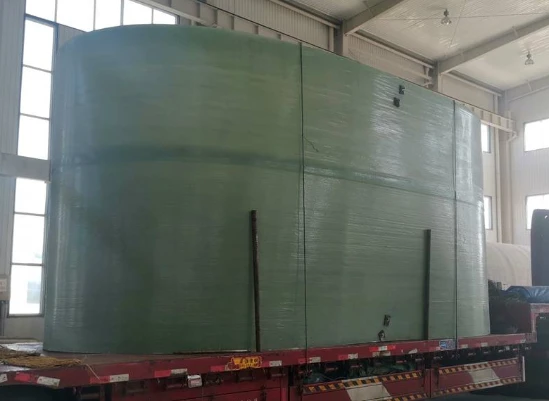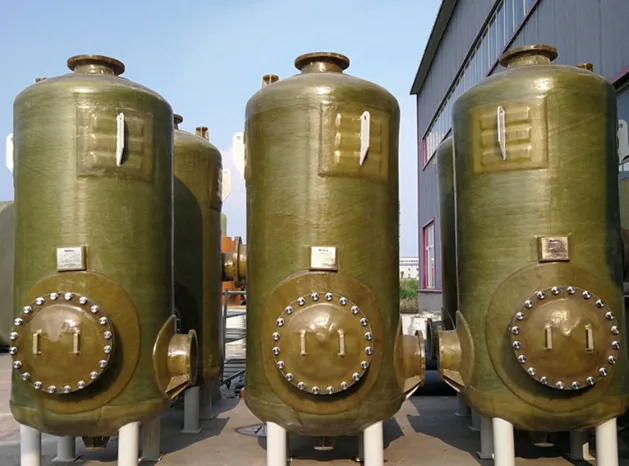
-
 Afrikaans
Afrikaans -
 Albanian
Albanian -
 Amharic
Amharic -
 Arabic
Arabic -
 Armenian
Armenian -
 Azerbaijani
Azerbaijani -
 Basque
Basque -
 Belarusian
Belarusian -
 Bengali
Bengali -
 Bosnian
Bosnian -
 Bulgarian
Bulgarian -
 Catalan
Catalan -
 Cebuano
Cebuano -
 China
China -
 China (Taiwan)
China (Taiwan) -
 Corsican
Corsican -
 Croatian
Croatian -
 Czech
Czech -
 Danish
Danish -
 Dutch
Dutch -
 English
English -
 Esperanto
Esperanto -
 Estonian
Estonian -
 Finnish
Finnish -
 French
French -
 Frisian
Frisian -
 Galician
Galician -
 Georgian
Georgian -
 German
German -
 Greek
Greek -
 Gujarati
Gujarati -
 Haitian Creole
Haitian Creole -
 hausa
hausa -
 hawaiian
hawaiian -
 Hebrew
Hebrew -
 Hindi
Hindi -
 Miao
Miao -
 Hungarian
Hungarian -
 Icelandic
Icelandic -
 igbo
igbo -
 Indonesian
Indonesian -
 irish
irish -
 Italian
Italian -
 Japanese
Japanese -
 Javanese
Javanese -
 Kannada
Kannada -
 kazakh
kazakh -
 Khmer
Khmer -
 Rwandese
Rwandese -
 Korean
Korean -
 Kurdish
Kurdish -
 Kyrgyz
Kyrgyz -
 Lao
Lao -
 Latin
Latin -
 Latvian
Latvian -
 Lithuanian
Lithuanian -
 Luxembourgish
Luxembourgish -
 Macedonian
Macedonian -
 Malgashi
Malgashi -
 Malay
Malay -
 Malayalam
Malayalam -
 Maltese
Maltese -
 Maori
Maori -
 Marathi
Marathi -
 Mongolian
Mongolian -
 Myanmar
Myanmar -
 Nepali
Nepali -
 Norwegian
Norwegian -
 Norwegian
Norwegian -
 Occitan
Occitan -
 Pashto
Pashto -
 Persian
Persian -
 Polish
Polish -
 Portuguese
Portuguese -
 Punjabi
Punjabi -
 Romanian
Romanian -
 Russian
Russian -
 Samoan
Samoan -
 Scottish Gaelic
Scottish Gaelic -
 Serbian
Serbian -
 Sesotho
Sesotho -
 Shona
Shona -
 Sindhi
Sindhi -
 Sinhala
Sinhala -
 Slovak
Slovak -
 Slovenian
Slovenian -
 Somali
Somali -
 Spanish
Spanish -
 Sundanese
Sundanese -
 Swahili
Swahili -
 Swedish
Swedish -
 Tagalog
Tagalog -
 Tajik
Tajik -
 Tamil
Tamil -
 Tatar
Tatar -
 Telugu
Telugu -
 Thai
Thai -
 Turkish
Turkish -
 Turkmen
Turkmen -
 Ukrainian
Ukrainian -
 Urdu
Urdu -
 Uighur
Uighur -
 Uzbek
Uzbek -
 Vietnamese
Vietnamese -
 Welsh
Welsh -
 Bantu
Bantu -
 Yiddish
Yiddish -
 Yoruba
Yoruba -
 Zulu
Zulu
Feb . 10, 2025 09:51
Back to list
fiberglass pipe flanges
Fiberglass pipe flanges have emerged as a pivotal component in various industries, offering a unique blend of durability, precision engineering, and cost-effectiveness. These attributes are instrumental in applications that demand robust solutions resistant to extreme conditions. As industries continue to evolve, the adoption of fiberglass pipe flanges is increasingly seen as a strategic move to enhance operational efficiency and sustainability.
When it comes to authority in the domain of piping and flange solutions, embracing fiberglass is a testament to a company’s commitment to cutting-edge technology. Regulatory bodies and industry leaders recognize the compatibility of fiberglass with contemporary environmental standards. Its non-toxic nature means that it does not leach harmful substances under stress or environmental exposure. This characteristic is particularly critical in sectors where contamination control is crucial. As a result, the adoption of fiberglass align with the growing global emphasis on environmental stewardship and sustainable practices. The trust placed in fiberglass pipe flanges is bolstered by rigorous testing and quality assurance protocols adhered to by reputable manufacturers. Standards such as ISO 14692, which deals with the specifications for fiberglass piping systems, provide a benchmark for quality. These guidelines ensure that products meet stringent international criteria, offering assurance to engineers and industrial designers that they are investing in a product of exceptional quality. The traceability and transparency in production processes further enhance the trustworthiness of fiberglass solutions, fostering long-term relationships with businesses that prioritize reliability and consistency. In the context of diverse industrial applications, fiberglass pipe flanges represent a convergence of experience, expertise, authority, and trustworthiness. Their role is not merely functional; they are a crucial factor in the strategic advancement of technology within industries striving for excellence in performance and ecological responsibility. As technological innovations progress, the potential applications of fiberglass are only set to expand, reinforcing its position as a material of choice for future-ready industries. By investing in fiberglass pipe flanges, companies are not just choosing a product; they are aligning with a philosophy of sustainability, efficiency, and performance unparalleled in the modern industrial era.


When it comes to authority in the domain of piping and flange solutions, embracing fiberglass is a testament to a company’s commitment to cutting-edge technology. Regulatory bodies and industry leaders recognize the compatibility of fiberglass with contemporary environmental standards. Its non-toxic nature means that it does not leach harmful substances under stress or environmental exposure. This characteristic is particularly critical in sectors where contamination control is crucial. As a result, the adoption of fiberglass align with the growing global emphasis on environmental stewardship and sustainable practices. The trust placed in fiberglass pipe flanges is bolstered by rigorous testing and quality assurance protocols adhered to by reputable manufacturers. Standards such as ISO 14692, which deals with the specifications for fiberglass piping systems, provide a benchmark for quality. These guidelines ensure that products meet stringent international criteria, offering assurance to engineers and industrial designers that they are investing in a product of exceptional quality. The traceability and transparency in production processes further enhance the trustworthiness of fiberglass solutions, fostering long-term relationships with businesses that prioritize reliability and consistency. In the context of diverse industrial applications, fiberglass pipe flanges represent a convergence of experience, expertise, authority, and trustworthiness. Their role is not merely functional; they are a crucial factor in the strategic advancement of technology within industries striving for excellence in performance and ecological responsibility. As technological innovations progress, the potential applications of fiberglass are only set to expand, reinforcing its position as a material of choice for future-ready industries. By investing in fiberglass pipe flanges, companies are not just choosing a product; they are aligning with a philosophy of sustainability, efficiency, and performance unparalleled in the modern industrial era.
Related Products









